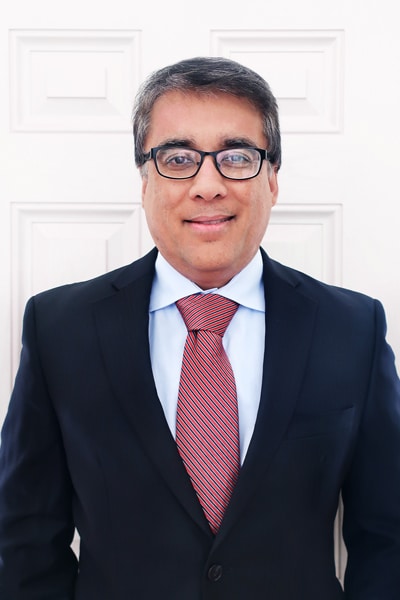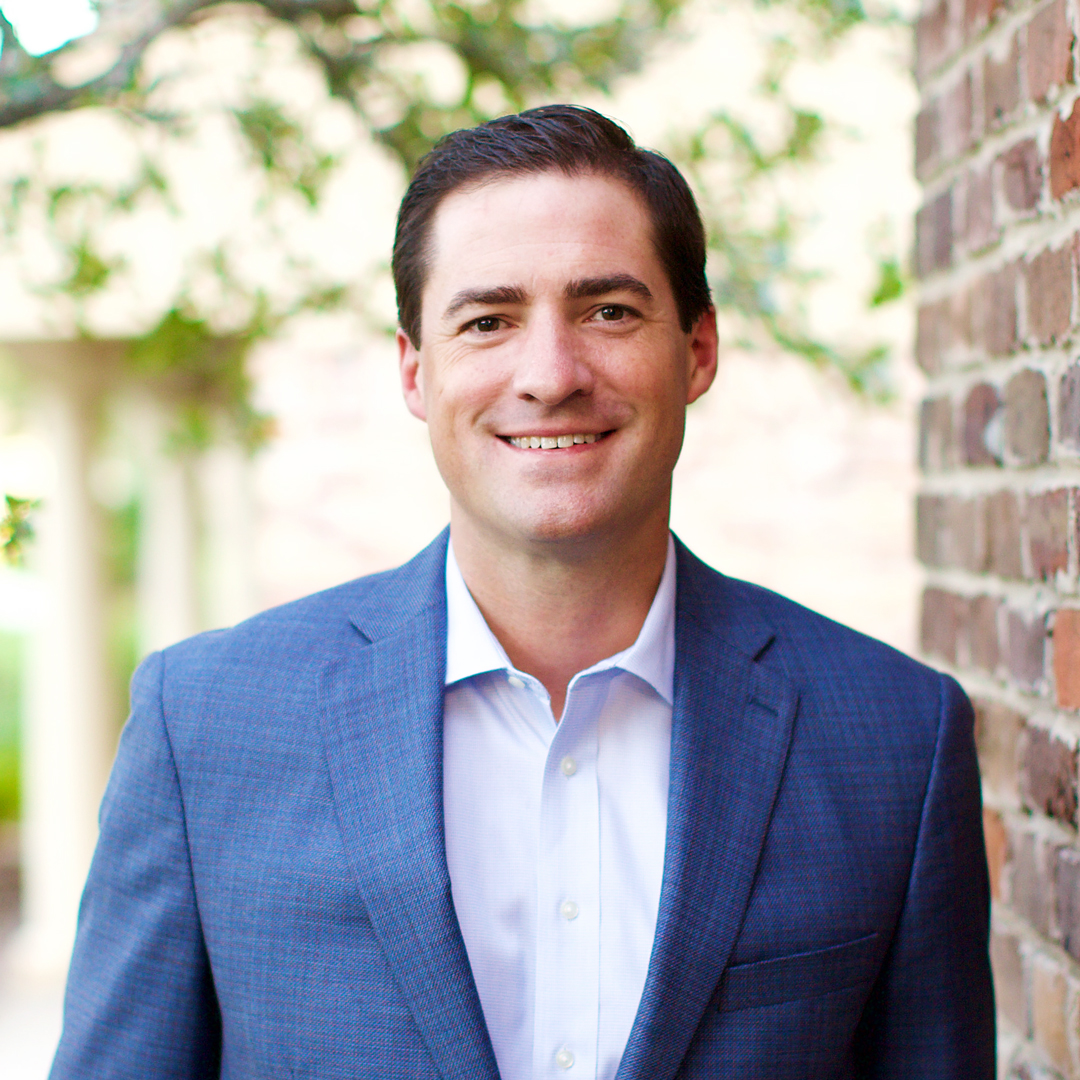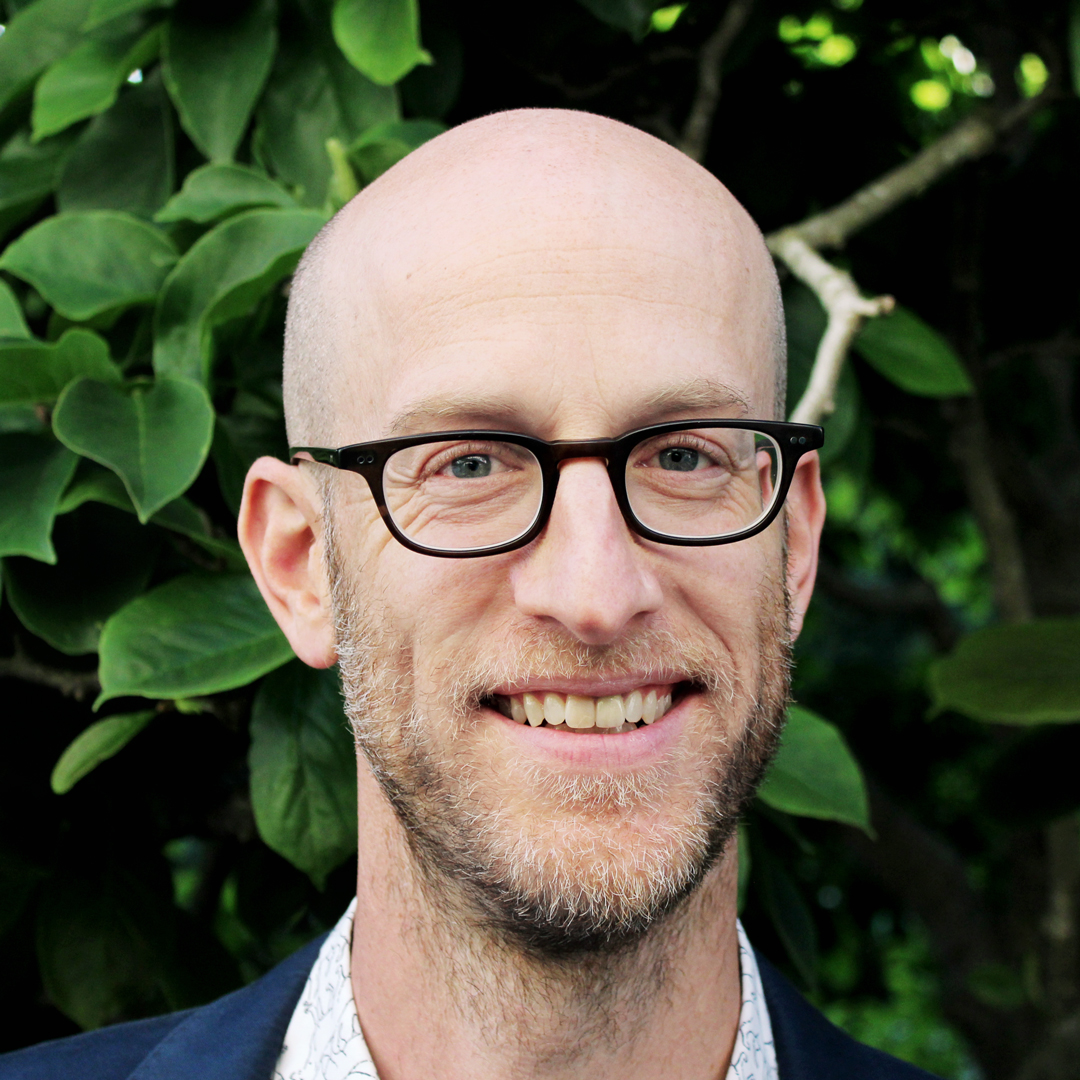When Harry Sokhi immigrated to the United States from India, he was five years old and didn’t know a word of English. Growing up in inner-city Philadelphia, Sokhi felt a responsibility—that lingers to this day—to make his parents’ decision to leave their home and create a better life for their son “worth it.”
It didn’t take long for his new surroundings to inspire what he wanted to do with his life.
“I remember seeing how people were taken advantage of if they didn’t know their rights,” he recalls. “That’s what drove me to law school. I wanted to make a difference.”

Sokhi recalls doing whatever jobs he could to graduate from Temple University Law School. He also notes that as much as his personal values attracted him to law, youthful ego likely steered him toward the insurance industry.
“Some of us who come into this profession have a need to be a showman,” he says, laughing. “I had a big personality, big goals, and I thought I’d like to be in a courtroom. Insurance companies love to litigate cases. You write opinions and memos, but more often than not, you’re in a courtroom every day. It was a natural fit for me.”
Sokhi began practicing with a small firm that did work for State Farm, but he soon felt a desire to learn the other side of the business and better understand his clients. That desire ultimately led him to roles with AIG, Nationwide Insurance, State Auto Insurance and, now, with EMC Insurance Companies. With every step, Sokhi has sought mentors, taking advantage of mentorship programs and connecting with senior leaders.
“Once I moved into a leadership role, I had someone with whom I could discuss soft skills,” he says, “someone I could talk to about what would make me a better person, a better manager, professionally, and how I could be of benefit or value to the organization. As my career progressed, I had to look for somebody outside of my discipline to help me stretch my abilities and continue to do those things that help me grow.”
Over time, Sokhi has stockpiled experience in using data to determine which law firms are best suited to helping insurance companies land effective results in their cases. It’s an investment that can take months to establish, but with a solid data template, Sokhi is providing immeasurable value to the company.
He’s also continually pushing for more diversity in his department, clients, and outside counsel. Sokhi knows that success cannot be sustained without new ideas.
“Diversity is not just color or race. It’s also a way of thinking across different generations,” he explains. “With insurance, we have different classes of people from all walks of life, and our lawyers should reflect that. Our lawyers should be able to relate to whatever happened in an accident to get an idea of why something happened. It goes toward communication and bridging gaps to create an understanding.
“It also brings out the best in everybody,” he adds. “I could hire everybody that agrees with me or everybody that looks like me and we all could just move in lockstep, but the law firms we hire should be there to challenge me. There’s back-and-forth. You have to be comfortable with that.”
When looking at new hires and new firms with which to work, Sokhi says he doesn’t put a value on skills that he says can easily be taught or refined, like drafting motions. Instead, he prizes values and work ethic.
“You can’t teach values,” he says. “You either have them or you don’t. Why do you come to work each day? What drove you at this particular position? Why did you go to law school? If they say, ‘Well, I wake up at 5 a.m., go to sleep around 11 p.m., and I worked my way through school because I had a tough upbringing,’ then to me, that’s valuable. If they then tell me they can’t do an effective closing, it’s OK. I can teach that stuff. But no company can teach people the building blocks of being a good person.”
This mind-set extends beyond the courtroom. Sokhi says he finds the most joy in mentoring others, furthering their career aspirations, and ensuring that colleagues—or even neighbors’ kids who want to become lawyers and are seeking letters of recommendation—have the tools to achieve more than he has.
“I expect the best out of people and that they’ll be there to help,” he says. “There’s a lot of good in the world, and you have to draw on that when you’re in tough times. There were a lot of people along the way who helped me, and we have to be there to provide the same service to the generations that come after us.”
Data Speaks
As Told to Paul Snyder
My job in managing data is not for the insurance company. It’s really for the law firm. The big question in the legal function is utilizing that data. This is where we as a legal profession need to go to the next level. It doesn’t matter if it’s a large or small firm. I’ve seen deficiencies in both where they should be measuring the effectiveness of each partner and associate. We have to establish those aggregators or blue chips that show that that is the right lawyer for us, the right partner for us.
If we tell an attorney to take a case to trial, we measure the effectiveness of that actual result. Do they win for us? There are also going to be jury awards to consider. Is the jury award larger or smaller than our last offer? We track each one of these firms to see where they stand. We look at verdict results. We look at lawsuits and measure “cycle time,” which starts when the lawyer gets the case and ends when he or she shuts it down.
We don’t just hire lawyers to go through the motions. We hire them for their counsel and advice as well. We see how long the file is open and try to be fair in our comparison. We need apples-to-apples comparisons that show efficiency. Then we try to compare law firms within that state, so when I’m comparing lawyers and trying to track their data and their effectiveness, I’m measuring a Florida lawyer against another Florida lawyer. It’s not fair to, say, measure a Florida lawyer against an Ohio lawyer because the litigation landscape is completely different.
We also ask each of our file handlers who managed the litigation with the law firm to complete a survey on the law firm when it’s concluded. How good was counsel’s advice? Was it timely? Was it right? Was it effective? Did it help you resolve the case? You don’t just measure a law firm based on numbers; you look at it from a qualitative perspective as well.
Now we’re at a point where we can slice it and, say, look at a head injury verdict. We can look at the verdict value of that head injury in terms of one attorney versus another in a true apples-to-apples comparison. Not only can we determine who the better performer is but law firms can then use that data to figure out bonuses and identify who deserves to be rewarded and who needs to be coached.

